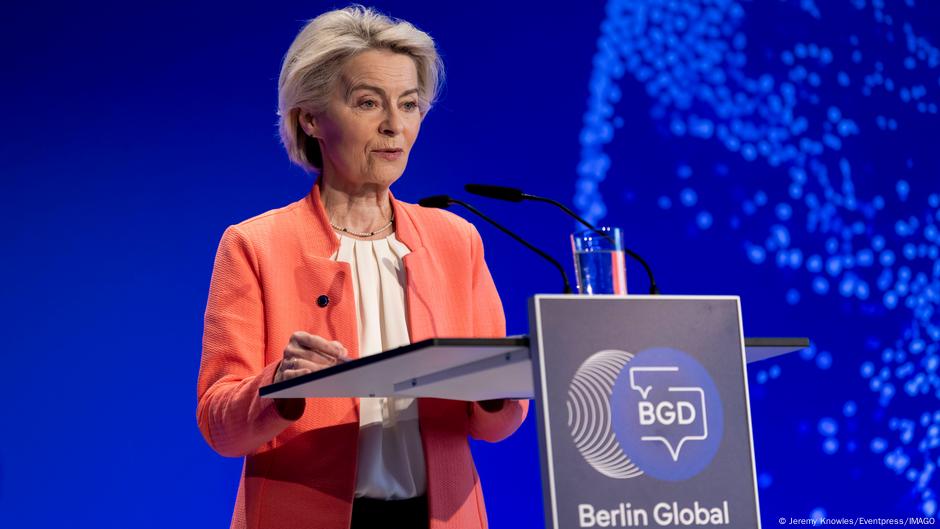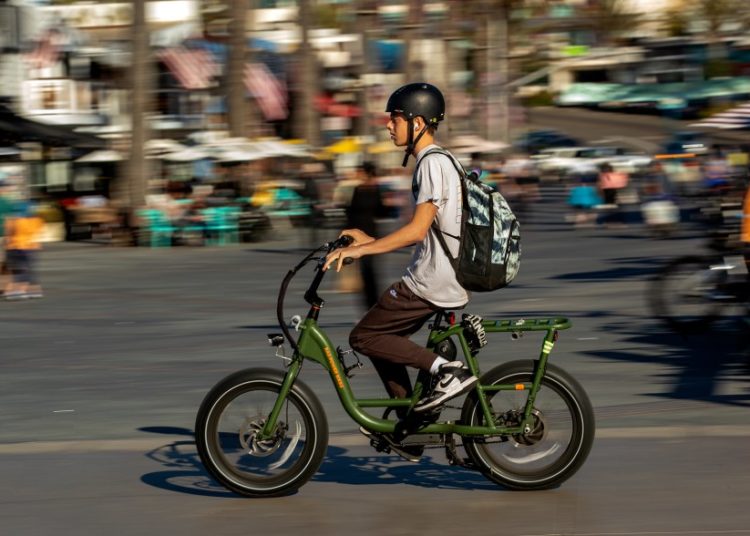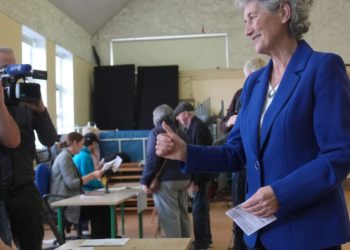The (EU) is working to end its reliance on from China, European Commission President Ursula von der Leyen said on Saturday.
, which are vital in the production of smartphones, electric vehicles and military technology.
In April, introduced new license requirements for rare earth exports, a move that sent shockwaves through global manufacturing sectors.
This month, Beijing announced new curbs on rare earth exports, as it seeks to leverage its dominant position amid an ongoing .
The EU says the curbs are forcing some of the bloc’s companies to suspend production and are inflicting significant economic damage.
Speaking at the Berlin Global Dialogue conference on Saturday, von der Leyen said that the EU was still trying to find solutions with China in the “short term,” but she warned that the bloc was “ready to use all the instruments in our toolbox to respond if needed.”
Von der Leyen says EU has to ‘strive for independence’
The EU’s vulnerable position in rare earths has forced Europe to “secure access to of critical raw materials in the short, medium and long term for our European industries,” she said.
Von der Leyen also said structural changes would be needed to meet the challenge.
“Whether on energy or raw materials, defense or digital, Europe has to strive for its independence, and this is our moment to do it,” she said.
The European Commission president also said a major part of the EU’s strategy would be recycling, saying that some companies can recycle “up to 95 percent of critical raw materials and batteries.”
She said the EU would also focus on producing and post-processing of critical raw materials and establishing partnerships with countries that produce critical raw materials such as , , , Kazakhstan, Uzbekistan, Chile and .
Edited by: Zac Crellin
The post EU trying to end China rare earth dependence — Von der Leyen appeared first on Deutsche Welle.




